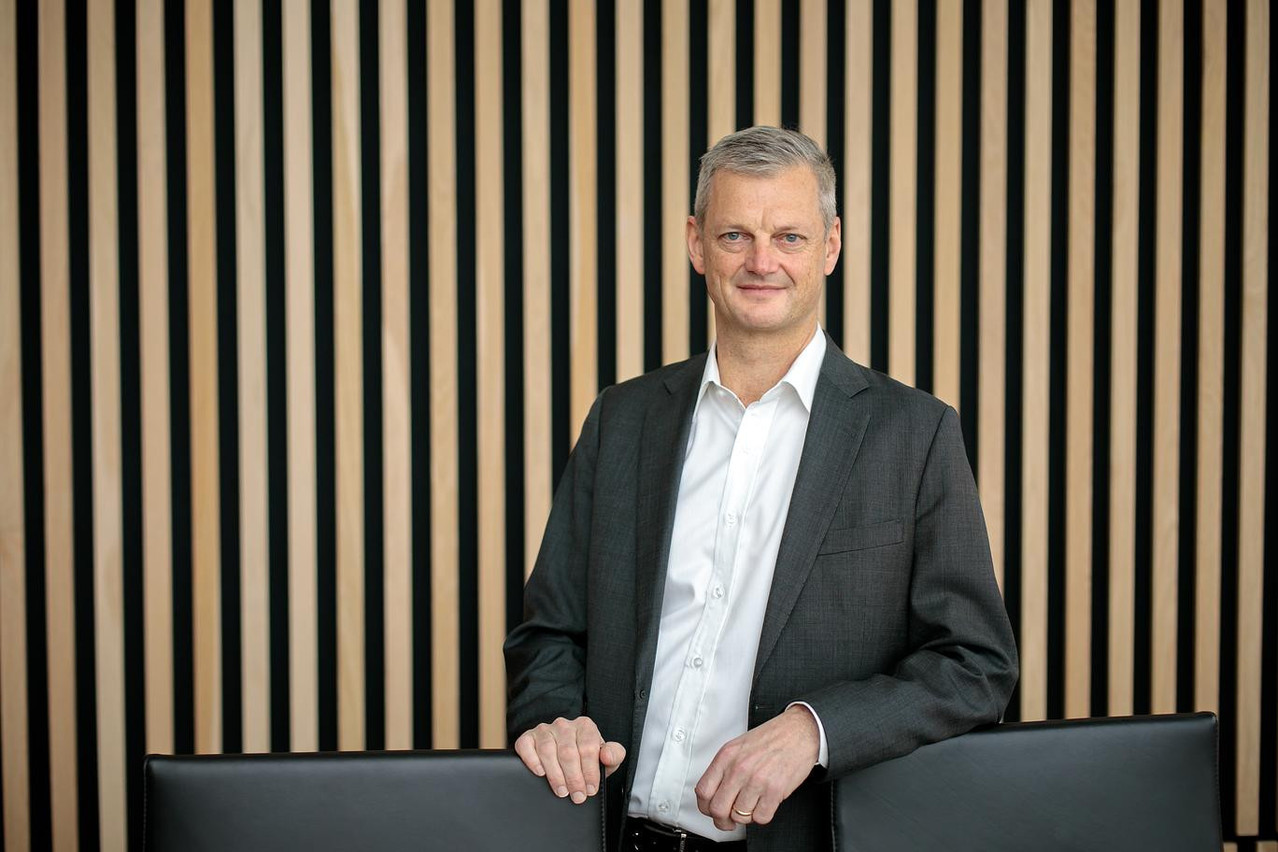Before looking to Luxembourg, it is first useful to look at the overall market for private funds globally, how it has evolved in recent years and where it is heading.
Preqin reports that assets under management (AUM) in private capital markets has seen significant growth in recent years, increasing at an annual rate of close to 20% between 2018 and 2021 to reach just over $9.3trn at the end of that period. This impressive growth in private markets has largely stemmed from institutional investors who in a global environment of low to negative interest rates have been unable to generate the returns required from traditional equity and bond markets. Though Preqin expects this rate of growth to slow to just under 12% annually in the period from 2021 to 2027, that still implies a doubling in market size to around $18trn.
Several factors contribute to the forecast continued growth in the industry.
Firstly, returns from private market portfolios have consistently outperformed returns on listed equities and bonds. Though such returns require more time to deliver, with investment often referred to as “patient capital”, institutional investors struggle to deliver the overall returns required without it. This has led certain regulators to allow increased allocations to the asset class--a notable recent example being the large New York public pension funds being authorised to increase their allocations from 25% to 35%.
Secondly, whilst retail investors have to date largely been unable to access alternative assets, a recent report by Bain & Co suggests they account for half of all wealth globally and are therefore being increasingly looked to as a new source of capital by investment managers. Advances in technology have made this easier and more cost effective helping the so-called “democratisation” trend to gather momentum. The new 2.0 version of the European Long-Term Investment Fund (Eltif) is a good example of how regulators are supporting the trend.
Finally, both institutional and retail investors are increasingly focused on investing in companies that align with their values around Environment, Social & Governance (ESG), and private markets provide an opportunity to invest through managers committed to such principles.
Investment managers looking to raise capital in Europe have traditionally looked and will continue to look to Luxembourg to establish their fund and operating platforms. Simply retaining its current market share would imply a doubling in assets over the five years to 2027. Professionals in the Luxembourg alternatives market, often through industry associations such as L3A, LPEA and Alfi, are more ambitious in their outlook, with an aim that Luxembourg not only retains but expands its market share in Europe. This is principally through leveraging Luxembourg’s traditional core strengths--understanding evolving market trends and rapidly reacting to these through timely and efficient implementation of new market leading products and operating models. It also relies importantly on continuing to attract the best talent, and Luxembourg’s leading role in creating challenging and rewarding career opportunities in a highly competitive market is a key factor in achieving just that.
The future is bright for private markets over the next five years, the future is Luxembourg!
